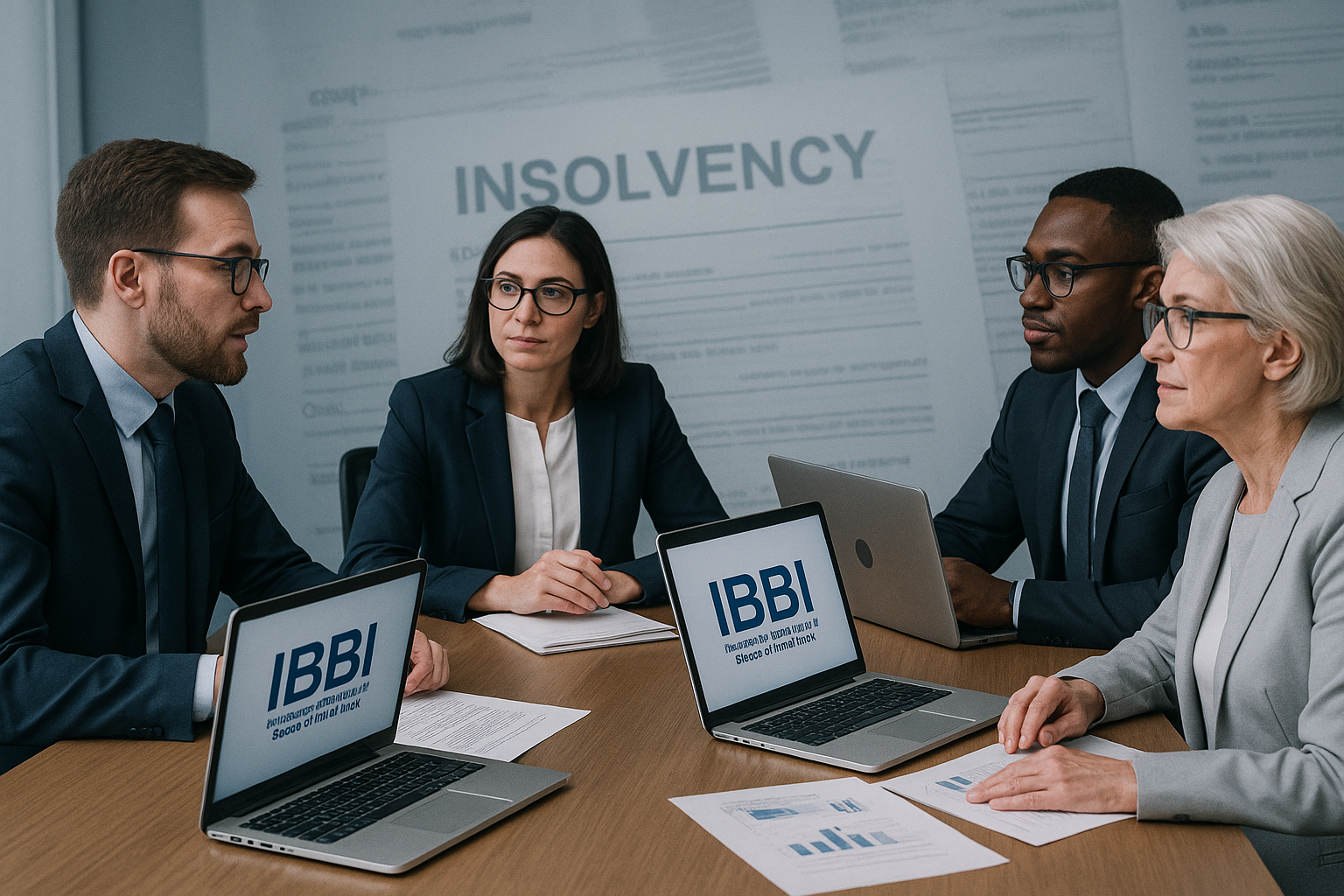The Insolvency and Bankruptcy Board of India (IBBI) has proposed a significant amendment to the Corporate Insolvency Resolution Process (CIRP) under the Insolvency and Bankruptcy Code (IBC). The proposal mandates that the Committee of Creditors (CoC) formally record its deliberations concerning the eligibility of resolution applicants under Section 29A of the IBC. This move aims to enhance transparency, reduce litigation, and strengthen the diligence of the resolution process.
Background
Section 29A of the IBC outlines the ineligibility criteria for individuals or entities seeking to submit a resolution plan for a corporate debtor undergoing insolvency proceedings. These criteria are designed to prevent persons with a history of defaults, financial irregularities, or criminal activity from acquiring or taking control of a stressed company. Currently, the CoC’s assessment of an applicant’s eligibility is not required to be formally documented, potentially leading to disputes and challenges.
Proposed Amendments
The IBBI’s proposal includes the following key amendments:
Mandatory Documentation: CoC deliberations on the eligibility of resolution applicants must be formally recorded in meeting minutes. This documentation should be based on due diligence reports, affidavits from applicants, and other relevant information in the resolution plan.
Enhanced Disclosures under Section 32A: Applicants will be required to provide a statement of beneficial ownership and an affidavit confirming their eligibility for immunity.
Digitalization of Proceedings: The IBBI seeks to digitalize insolvency proceedings by mandating the electronic submission of resolution plans, aiming to streamline the process and reduce delays.
Industry Reactions
The proposed amendments have garnered mixed reactions from industry experts:
CA Manish Kumar Mishra, commented, “While the move towards documentation and digitalization is a step forward, it is crucial that the implementation is accompanied by adequate training for CoC members to ensure effective and consistent application.“
CA Manoj Singh, added, “The enhanced disclosures under Section 32A will undoubtedly improve transparency. However, the burden on applicants to provide detailed ownership information may raise concerns regarding privacy and data protection.“
Conclusion
The IBBI’s proposed amendments to the CIRP norms represent a significant step towards enhancing the transparency and efficiency of the insolvency resolution process in India. By mandating the documentation of CoC deliberations and digitalizing proceedings, the IBBI aims to create a more accountable and streamlined framework. However, the success of these amendments will depend on their effective implementation and the readiness of stakeholders to adapt to the new requirements.












